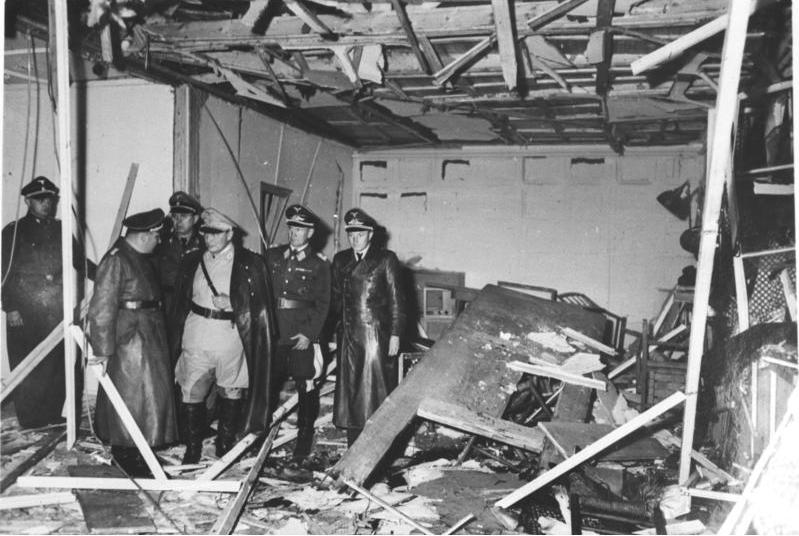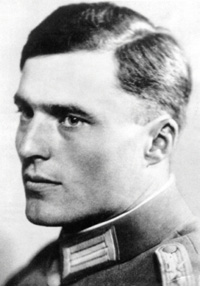Royal Tenenbaum
Exiled
- Joined
- Oct 23, 2012
- Messages
- 2,738
That's horrible! How could we let Mexico conduct such a massacre of their own people!?
And ours.
That's horrible! How could we let Mexico conduct such a massacre of their own people!?



Adolf Hitler Assassinated!
Driven by the desire to kill the Führer, expose the Holocaust, and show the world that not all Germans were ruthless like Hitler, the Wehrmacht had prepared the assassination since early 1933. As Hitler met with officials in East Prussia, an explosion disguised in a suitcase went off, killing several top Nazi officials including the Führer himself. The Führer was announced dead to the nation on July 22nd, 1944. A nationwide mourning commenced the following Saturday, with Hirohito and Tojo of Japan, Stalin of Russia, Abascal of Mexico, and Mussolini of Italy attending the ceremony.
Rudolph Hess, Deputy Führer, has been appointed the new Führer of Germany, and is reportedly more likely to sign a peace treaty with Britain than Hitler was. Commonwealth military officials are passionately debating whether to push an offensive on Germany, or accept peace.

While Germany is weak, we must take back their possessions of Canada and start restoring America to its former glory!
Five year peace treaty.
You know, I don't believe Browder's administration had shown any disdain towards the Jewish or Russians. Did I miss something?
